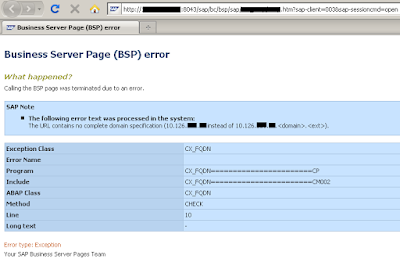SAP, or Systems, Applications, and Products, is a leading enterprise resource planning (ERP) software company that provides various modules to support different business functions. SAP modules are specialized components of the SAP system that cater to specific business processes and departments. These modules cover a wide range of functionalities and can be customized and integrated based on the organization's requirements. While there are numerous SAP modules available, here are some of the most commonly used ones:
SAP FI (Financial Accounting): This module manages financial transactions, general ledger accounting, accounts receivable and payable, asset accounting, and financial reporting.
SAP CO (Controlling): The CO module focuses on managerial accounting, including cost center accounting, profit center accounting, internal orders, and profitability analysis.
SAP MM (Materials Management): This module deals with procurement and inventory management, including purchasing, material valuation, vendor management, and inventory control.
SAP SD (Sales and Distribution): The SD module handles sales processes, including order management, pricing, billing, shipping, and customer service.
SAP HR (Human Resources): The HR module covers various HR functions, such as personnel administration, organizational management, time management, payroll, and benefits administration.
SAP PP (Production Planning): This module is involved in production planning and control, including master data management, demand management, capacity planning, and shop floor control.
SAP PM (Plant Maintenance): The PM module manages maintenance activities, such as equipment management, preventive maintenance, work order management, and maintenance planning.
SAP PS (Project Systems): This module supports project management, including project planning, resource management, cost management, and progress tracking.
SAP QM (Quality Management): The QM module focuses on quality control and assurance, including inspection planning, quality notifications, quality certificates, and vendor evaluation.
SAP CRM (Customer Relationship Management): The CRM module handles customer-centric processes, such as sales force automation, marketing, customer service, and partner channel management.
These are just a few examples of the many SAP modules available. Each module is designed to address specific business requirements and can be integrated with other modules to create a comprehensive ERP system tailored to an organization's needs.

Comments
Post a Comment